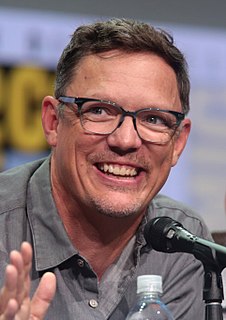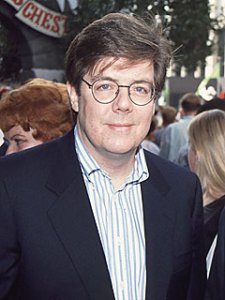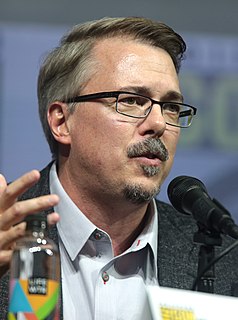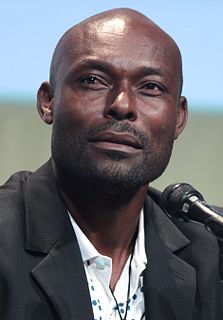A Quote by John Sayles
There are very few distributors left to do off-Hollywood movies, and those distributors generally have got thousands of movies to choose from. So you're pretty lucky if you get one to even take your movie and it's pretty rare that they pay anything upfront.
Related Quotes
I love books, by the way, way more than movies. Movies tell you what to think. A good book lets you choose a few thoughts for yourself. Movies show you the pink house. A good book tells you there's a pink house and lets you paint some of the finishing touches, maybe choose the roof style,park your own car out front. My imagination has always topped anything a movie could come up with. Case in point, those darned Harry Potter movies. That was so not what that part-Veela-chick, Fleur Delacour, looked like.
Television is a great job for a writer in the way that movies used to be, way before my time. Back when writers in Hollywood were on staff or under contract at any given studio and you'd write movie scripts and then the movies would get made within a few weeks, such that you could be a working writer in the movie business back in the '30s and '40s and '50s and have a hand in writing five or six movies a year that actually got produced. The only thing remotely like that in the 21st century here in Hollywood is working in the TV business.
I'm still in the middle of the transition. I'm still in man-boy mode. And that won't go away for a while. But it's a fun time to be in, because it's very rare that people get to work through this time. It's rare to see a John Cusack in Say Anything. It's rare that you'd find an actor right in the cusp of the child-to adult transition, just got through puberty, just getting into a different way of life. There's few movies like that, and few roles like that, so it's going to be tough to pick and choose. I guess the goal is good people, work with good people.
Hollywood is a very male business, and it has in vast portions of it - the whole action movie part of it might as well be the United States Army in 1943 in that the ethics of it are, you know, boot camp and action movies and guns and explosions and all the rest of it, and that - so that means that about 50% of the business is not only pretty much closed off to women, but women don't even wanna be in it!






































